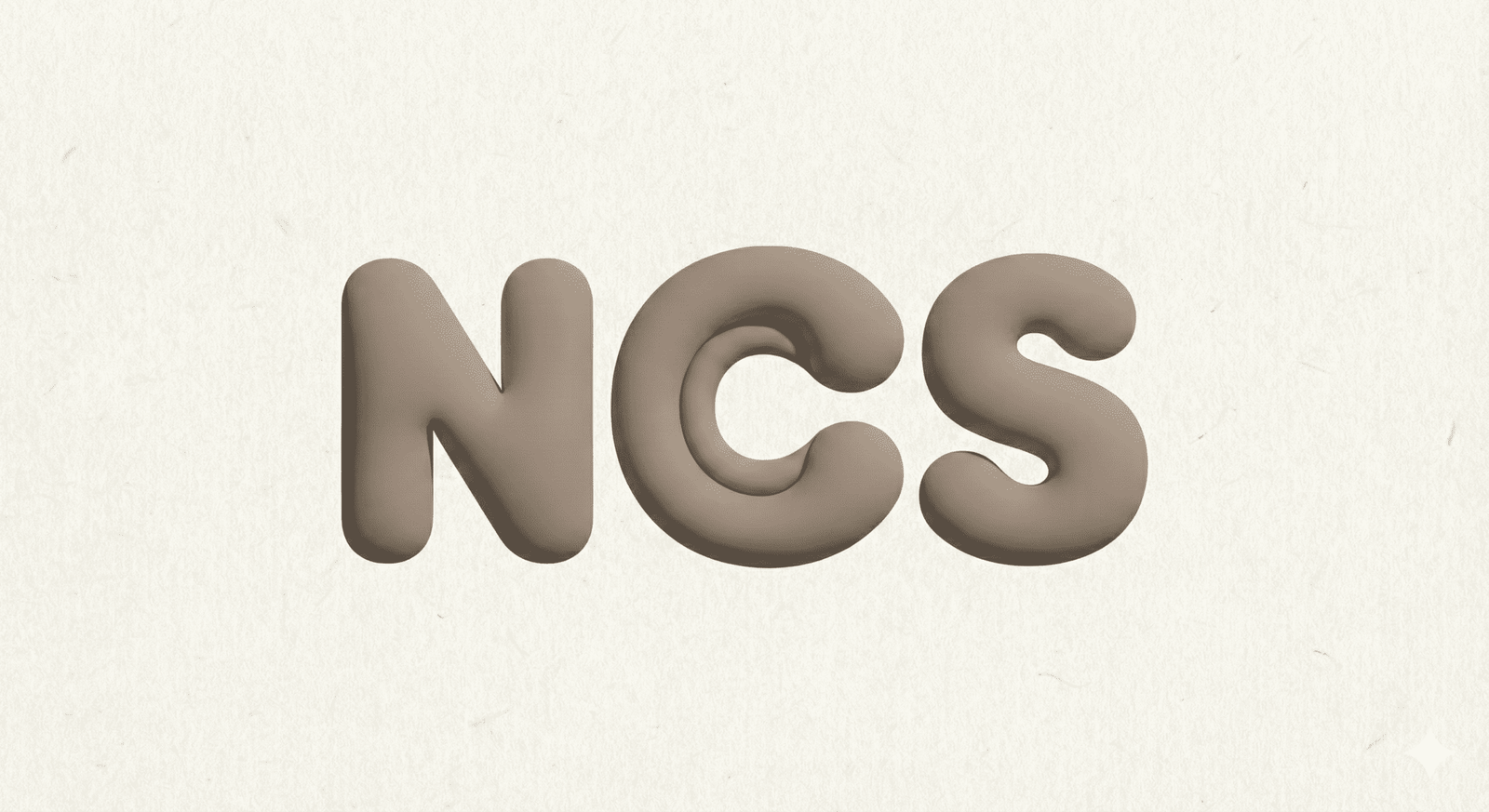Are you tired of slippers that fall apart after just a few wears? Finding a reliable supplier is key. It can save you money and frustration.
To evaluate the reliability of slippers suppliers, focus on their experience, quality control, certifications, communication, and customer reviews. Check their production capacity and shipping policies too.

So, how do you actually figure out if a slippers supplier is worth your time and money? Let’s dive into the details.
How Long Has the Supplier Been in Business?
Problem: You’re worried a new supplier might not know what they’re doing. It’s a risk to trust someone without a proven track record.
Solution: Look for suppliers with years of experience. They’ve likely worked out the kinks and know how to deliver consistent quality.

Experience matters because it shows a supplier’s ability to handle challenges. A company that has been around for a while has probably seen it all. They understand the market and can adapt to changes. New suppliers might offer lower prices, but they might also lack the knowledge and resources to meet your needs consistently. Established suppliers have built relationships with other businesses, like material providers and shipping companies. This can lead to better deals and more reliable service. Plus, their experience often translates to higher quality control and fewer mistakes. I have a friend who always chooses the oldest restaurant in town. He says they must be doing something right to stay in business that long!
Here’s a simple table to illustrate the benefits of experience:
| Benefit | Experienced Supplier | New Supplier |
|---|---|---|
| Quality Control | High | Variable |
| Reliability | High | Low to Medium |
| Market Knowledge | Extensive | Limited |
| Resource Network | Strong | Weak |
| Risk of Failure | Low | High |
Therefore, don’t underestimate the value of a supplier’s history. It can be a strong indicator of their reliability.
Does the Supplier Have Quality Control Processes?
Problem: You receive a batch of slippers with uneven stitching and poor materials. It’s a waste of money and damages your reputation.
Solution: A reliable supplier has strict quality control. They check materials and finished products to ensure they meet standards.

Quality control isn’t just about catching mistakes. It’s about preventing them in the first place. Good suppliers have systems in place to monitor every stage of production. This includes checking the raw materials, inspecting the manufacturing process, and testing the final product. They might use statistical analysis to identify trends and address potential issues. Ask the supplier about their quality control methods. Do they have documented procedures? Do they use independent labs for testing? A supplier who is transparent about their quality control is likely more reliable. I once bought a batch of phone cases from a supplier who claimed to have strict quality control. When the cases arrived, many were cracked or misaligned. I learned my lesson: always ask for proof of quality control.
Let’s look at some key aspects of quality control:
| Aspect | Description |
|---|---|
| Material Checks | Ensuring raw materials meet specified standards |
| Process Control | Monitoring production steps for consistency |
| Final Inspection | Examining finished products for defects |
| Testing | Conducting tests to verify performance |
Therefore, strong quality control processes are essential for a reliable slippers supplier.
What Certifications Does the Supplier Possess?
Problem: You worry about ethical production and environmental impact. You want to work with a supplier who follows responsible practices.
Solution: Certifications show a supplier meets industry standards. Look for certifications related to quality, safety, and ethical production.

Certifications are like badges of honor for suppliers. They demonstrate a commitment to certain standards and practices. For example, ISO 9001 certification indicates a supplier has a robust quality management system. Oeko-Tex certification means the slippers are free from harmful substances. SA8000 certification shows the supplier adheres to ethical labor standards. These certifications provide assurance that the supplier is operating responsibly. However, not all certifications are created equal. Do some research to understand the meaning and value of each certification. Also, verify that the certifications are valid and up-to-date. I remember seeing a restaurant with a "Best Pizza" award from 1998. It didn’t exactly inspire confidence!
Here are some common certifications to look for:
| Certification | Focus |
|---|---|
| ISO 9001 | Quality Management System |
| Oeko-Tex | Absence of Harmful Substances |
| SA8000 | Ethical Labor Practices |
| BSCI | Business Social Compliance Initiative |
Therefore, certifications can be a valuable indicator of a supplier’s reliability and commitment to responsible practices.
How Well Does the Supplier Communicate?
Problem: You need to ask a question about your order, but the supplier is unresponsive. It’s frustrating and delays your business.
Solution: A reliable supplier communicates clearly and promptly. They respond to inquiries and provide updates on your order.

Communication is key to any successful business relationship. A good supplier will be easy to reach and quick to respond to your questions. They should provide clear and accurate information about their products, pricing, and shipping. They should also keep you informed about the status of your order. Pay attention to the supplier’s communication style. Are they professional and courteous? Do they listen to your concerns? Do they offer solutions to problems? Poor communication can be a red flag. It might indicate that the supplier is disorganized or doesn’t value your business. I once worked with a supplier who never answered my emails. It was impossible to get anything done!
Here are some signs of good communication:
| Sign | Description |
|---|---|
| Prompt Responses | Answering emails and calls quickly |
| Clear Information | Providing accurate and easy-to-understand details |
| Proactive Updates | Keeping you informed about your order |
| Problem-Solving | Offering solutions to any issues that arise |
Therefore, effective communication is a crucial aspect of a reliable slippers supplier.
What Do Customer Reviews Say About the Supplier?
Problem: You’re unsure whether to trust a supplier’s claims. You want to hear from other customers about their experiences.
Solution: Read customer reviews to get unbiased feedback. Look for patterns in the reviews to identify potential issues.

Customer reviews can provide valuable insights into a supplier’s reliability. Look for reviews on independent websites and forums. Pay attention to both positive and negative feedback. Do customers praise the supplier’s quality, communication, and service? Do they complain about defects, delays, or poor customer support? Be wary of reviews that seem too good to be true. Some suppliers might post fake reviews to boost their reputation. Also, consider the source of the reviews. Reviews on the supplier’s website might be filtered or biased. I always check multiple sources before making a decision. It’s like reading movie reviews before deciding what to watch!
Here are some tips for evaluating customer reviews:
| Tip | Description |
|---|---|
| Check Multiple Sources | Look for reviews on different websites and forums |
| Look for Patterns | Identify recurring themes in the reviews |
| Be Wary of Extremes | Be cautious of reviews that are overly positive or negative |
| Consider the Source | Evaluate the credibility of the review website |
Therefore, customer reviews can be a helpful tool for assessing the reliability of a slippers supplier.
What is the Supplier’s Production Capacity?
Problem: You need a large order of slippers, but you worry the supplier can’t handle it. You need to make sure they can fulfill your needs.
Solution: Check the supplier’s production capacity. Ensure they can meet your order volume and delivery timeline.

Production capacity refers to the maximum amount of goods a supplier can produce within a given time. It’s important to choose a supplier whose capacity aligns with your needs. If you need a large order, make sure the supplier has the equipment, manpower, and resources to handle it. Ask the supplier about their production process. How many slippers can they produce per day or week? Do they have backup plans in case of unexpected delays or disruptions? A supplier with sufficient production capacity will be able to fulfill your orders on time and without compromising quality. I once worked with a supplier who promised to deliver a large order within a week. They couldn’t deliver!
Here are some factors that affect production capacity:
| Factor | Description |
|---|---|
| Equipment | Availability and efficiency of machinery |
| Manpower | Number and skill of workers |
| Raw Materials | Availability of necessary materials |
| Production Process | Efficiency of the manufacturing process |
Therefore, verifying a supplier’s production capacity is crucial for ensuring they can meet your demands.
Conclusion
Evaluating slipper suppliers involves checking experience, quality control, and communication. By doing your homework, you can find a supplier that meets your needs and delivers quality products consistently.

